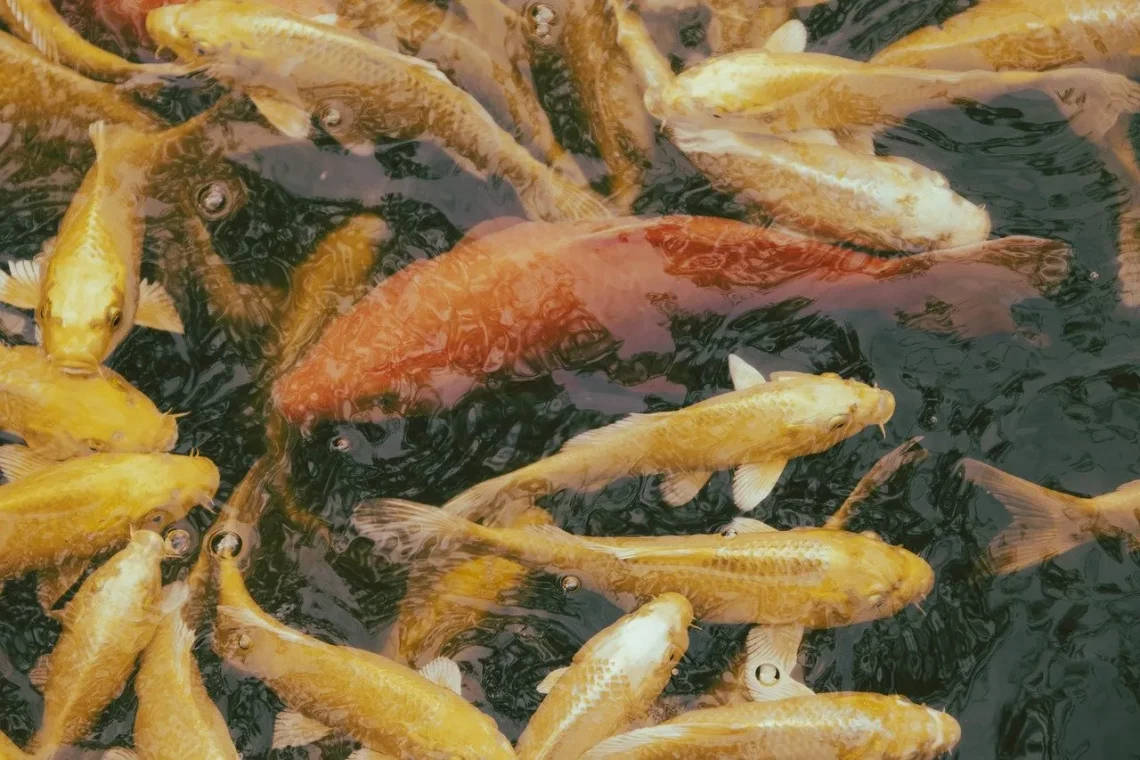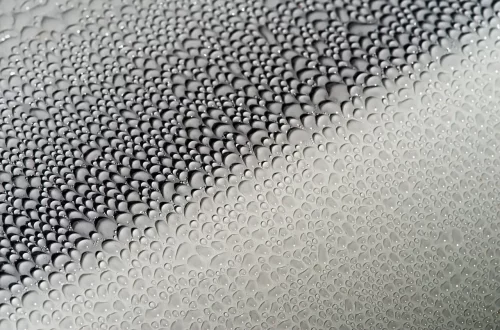
Essential Care Tips for Fresh Water Puffer Fish Enthusiasts
Freshwater puffer fish are captivating creatures that have become increasingly popular among aquarium enthusiasts. Known for their unique appearance and playful behavior, these fish can brighten any aquatic environment. However, keeping freshwater puffers requires a certain level of commitment and understanding of their specific needs. Unlike many other fish, puffers have distinct dietary and habitat requirements, making them both intriguing and challenging to care for. For those who are passionate about these quirky fish, it’s essential to familiarize oneself with their natural behaviors and environmental needs to ensure a thriving aquarium.
In the wild, puffer fish inhabit various freshwater ecosystems, ranging from brackish waters to rivers and lakes. This versatility allows them to adapt to different conditions, but it also means that aquarists must replicate these environments as closely as possible. Additionally, puffers are known for their intelligence and curiosity, making them engaging pets that often interact with their surroundings and owners. However, their unique feeding habits, territorial nature, and potential compatibility issues with other fish necessitate a thorough understanding of their care requirements. As you embark on your journey as a puffer fish owner, consider the essential tips that will help you create a healthy and vibrant habitat for these fascinating creatures.
Understanding the Natural Habitat of Freshwater Puffers
To provide the best care for your freshwater puffer fish, it’s crucial to understand their natural habitat. These fish are native to various regions, including Southeast Asia and parts of Africa. Typically, they inhabit slow-moving rivers, swamps, and lakes where they can find ample hiding spots among plants and rocks. Replicating these conditions in an aquarium is vital for their well-being.
One of the most important factors to consider is water quality. Freshwater puffers thrive in clean, well-maintained water. It is essential to regularly test the water parameters, such as pH, ammonia, nitrite, and nitrate levels. Ideally, the pH should range between 6.5 and 7.5, and the water temperature should be maintained between 75°F to 80°F (24°C to 27°C). Regular water changes—approximately 20 to 30 percent weekly—can help maintain optimal conditions.
In addition to water quality, the aquarium setup should mimic their natural environment. Use a substrate that allows for digging and burrowing, such as sand or fine gravel. Incorporate plenty of hiding spots using rocks, driftwood, and live plants. Puffers enjoy exploring their surroundings, so a well-decorated tank with various textures will keep them mentally stimulated. Providing hiding places also helps reduce stress and territorial behavior, especially if you have multiple puffers in the same tank.
Proper lighting is also essential. Puffers prefer subdued lighting, which mimics their natural habitat and helps them feel secure. If your tank has bright lights, consider using floating plants to create shaded areas. This will not only provide comfort for your puffers but also enhance the overall aesthetics of your aquarium.
Feeding and Nutritional Needs of Puffers
Feeding freshwater puffer fish can be one of the most rewarding aspects of their care, but it’s important to understand their specialized dietary requirements. Puffers are omnivorous, with a preference for a diet rich in protein. In the wild, they feed on crustaceans, mollusks, and small invertebrates. In captivity, replicating this diet is key to maintaining their health and vitality.
A varied diet is essential for puffers to receive all the necessary nutrients. High-quality pellets specifically designed for puffers can serve as a staple food source. However, it’s important to complement these pellets with fresh or frozen foods. Offer a mix of live or frozen foods such as brine shrimp, daphnia, and bloodworms. These protein-rich options not only provide essential nutrients but also stimulate natural hunting behaviors.
In addition to protein, puffers require some plant matter in their diet. Offering blanched vegetables like zucchini, spinach, or peas can contribute to their overall health. However, be cautious with the amount of plant material, as puffers may not be as adept at digesting it compared to other fish.
One unique aspect of puffer fish is their beak-like teeth, which continuously grow throughout their lives. This means they need hard foods to help wear down their teeth and prevent overgrowth. Shellfish, such as snails or clams, can serve this purpose effectively. However, ensure that these foods are sourced from reputable suppliers to avoid introducing harmful parasites or diseases into your aquarium.
Overfeeding is a common mistake among aquarists, so it’s vital to monitor portion sizes and feed only what your puffers can consume within a few minutes. A well-balanced diet will help maintain their health, color, and overall well-being.
Behavioral Traits and Socialization of Puffers
Understanding the behavioral traits of freshwater puffer fish is essential for creating a harmonious aquarium environment. Puffers are known for their inquisitive nature and can often be seen exploring their surroundings. They are also quite intelligent, capable of recognizing their owners and learning behaviors over time.
However, puffers can exhibit territorial behavior, particularly among males. When kept in groups, it’s important to provide ample space and hiding spots to minimize aggression. If you’re considering keeping multiple puffers, opt for species that are known to coexist peacefully. Researching the specific types of puffers you wish to keep will help you make informed decisions about compatibility.
Puffers are also known for their unique defense mechanism—inflation. When threatened, they can inflate their bodies by gulping water or air, causing them to appear larger and more intimidating to potential predators. While this behavior is fascinating to observe, it’s essential to ensure that your puffers feel secure in their environment. Stress can trigger this inflation response frequently, which can be harmful to their health in the long run.
Socialization is another aspect to consider. While some puffers can be kept with other fish, they may not be suitable tank mates for all species. Avoid keeping them with small or timid fish, as puffers may view them as potential snacks. Instead, consider robust tank mates that can coexist without being overly aggressive.
Regular interaction with your puffers can also enhance their social behavior. Many owners find that their puffers enjoy engaging with them during feeding times or when exploring the tank. Providing a stimulating environment with plenty of hiding spots and enrichment activities will contribute to their overall happiness and reduce stress levels.
Maintaining a Healthy Aquarium for Freshwater Puffers
Creating and maintaining a healthy aquarium is vital for the long-term success of your freshwater puffer fish. Beyond water quality and diet, several key factors contribute to a thriving aquatic environment.
First and foremost, regular maintenance is essential. This includes monitoring water parameters, performing routine water changes, and cleaning the tank and equipment. A well-maintained aquarium not only ensures the well-being of your puffers but also reduces the risk of disease outbreaks.
Investing in a high-quality filtration system is crucial, as puffers produce more waste than many other fish. A robust filtration system will help maintain water clarity and reduce harmful toxins. Additionally, consider adding live plants to your aquarium. Plants provide natural filtration, produce oxygen, and offer hiding spots for your puffers.
Another important aspect of aquarium maintenance is temperature stability. Sudden fluctuations in temperature can stress puffers and make them more susceptible to illness. Use a reliable heater and thermometer to monitor and maintain a consistent water temperature.
Regularly inspect your puffers for any signs of illness or distress. Look for changes in behavior, appetite, or physical appearance. Early detection of health issues can make a significant difference in treatment outcomes. If you notice any concerning symptoms, consult with a veterinarian who specializes in aquatic animals for proper guidance.
Lastly, educate yourself continuously about freshwater puffers and their care. Join online forums, read books, and connect with other puffer fish enthusiasts. The more you learn, the better equipped you’ll be to provide a thriving environment for these remarkable creatures.
**Disclaimer:** This article is for informational purposes only and should not be considered medical advice. For any health-related concerns regarding your fish, please consult a qualified veterinarian.




